My wife is pretty smart, but even she will tell you she has her weak spots when it comes to academics. (Don’t ask her to edit your papers for proper punctuation. I am the one who edits our blog posts.)
For a lot of parents, the biggest anxiety of homeschooling is the fear of teaching: they don’t trust themselves to be the judge of their child’s progress, and they don’t know if they have what it takes to teach.
Objection #2:
Is my wife really qualified as an educator? Can she really teach our child every subject?
The data are in on this as well. Having more professional and academic resources at your disposal does not guarantee a better education. It costs a homeschooling family approximately $500-600 a year to educate a child, on average, but it costs taxpayers $10,000 to educate each public school student. Do the math: for roughly 5% of the cost of educating one public school student, homeschool students receive personalized, hands-on education from the ones who know them best.
The fact is it is never been easier to homeschool a child. What warms up many father’s to the idea of homeschooling is that there are so many resources available to help families.
Homeschool Curricula
The market is awash with great curricula for homeschoolers—curricula designed and tested by professional educators. There is curriculum to suit every style of learning and philosophy of education. Many fathers, when they see the quality of material their children will be learning, are impressed.
We’ll be touching on the many different educational philosophies as this series continues. We’ll also give you ideas for the types of curricula that are available for each one.
Online Courses
Many curriculum providers and educators are taking their materials online, providing e-courses specifically for homeschoolers. If there are specific subjects parents are insecure about, online courses are available for them. Some courses have a live teacher that each student can interact with. Other courses are recorded. Others a a combination of the two. Often these courses give students assignments and keep records of grades.
Co-Ops
Many parents choose to involve their kids in a weekly co-op with other homeschoolers. Co-ops can vary greatly. Some co-ops are primarily designed for fun social interaction while others are more academically based.
Our children attend an academic co-op, and they receive instruction from community members and other parents with expertise. In our small town co-op, kids have been taught by retired teachers, doctors, engineers, lawyers, CEOs, and other professionals.
Sports Options
Some dads don’t want their kids missing out on physical education, but homeschool families don’t have to miss out. Some families live in “equal access” states where public schools allow homeschooled kids to participate in sports teams. Other families prefer to involve their child in community sport teams. Some towns and cities have “homeschool sports” leagues.
Incredible Flexibility for Unique Learning Opportunities
Homeschooling gives families flexibility to be creative with education without having to work around public school schedules. Many families make field trips to museums, zoos, nature trails, and aquariums a regular part of the homeschooling experience.
Studying science? Make a special trip to IMAX to see the latest educational film. Studying history? Make a trip to an historical location. Studying nutrition? Go to the grocery store and teach kids to read labels. Learning about government? Take a trip to your state’s capital building. Studying astronomy? Go to the nearby planetarium or observatory. The possibilities are endless.
Our Experience
Our kids have participated in community sports and activities through the YMCA, they’ve also taken art classes through the Shiawassee County Art Council. In addition to this, we have local homeschool sports leagues that enabled our oldest son to begin participating in basketball when he was 8.
We have a fantastic local academic co-op. They have the opportunity to take subjects like art—where they learn about famous artists and learn to apply artistic techniques. They also have subjects like Latin, music, science, writing composition, and more.
We are a bit eclectic in our approach to curriculum, but lean heavily towards the Classical style of education and primarily use curriculum from Veritas Press. We love how this curriculum challenges our kids and pushes them to excel. It’s easy to see they are getting a far superior education to the one I did. Veritas Press offers online live and self-paced courses. For three years, we’ve now used their online history curriculum. We’ve not used this because we can not teach the subject, but because it frees up time and is an excellent online program. We can not say enough good things about it. Our son has learned so much about history—and he remembers it. Our son loves the program. It’s his favorite subject. We will likely use some of their live courses in the future as well. Because classical education is so demanding, we’re excited that there is this resource that can help fill the gaps in subjects we feel inadequate.
We’ve had the opportunity to make trips to museums, planetariums, zoos, and visit historical sites like Williamsburg, Viginia. We’re looking forward to being more intentional at creating more unique educational family memories with our children in the future. These events make education so much more meaningful than the strict book-learning that is often
With the help of fantastic educational resources, many parents feel empowered to teach their own children. Equipped with adequate support and materials, many dads comes to realize that moms are often the most suitable educators of their children. More than anyone, they know their child’s weaknesses, strengths, interests, and learning style.
My Other Objections to Homeschooling
Objection #1: Does homeschooling really give children a quality education? Does it prepare them for college? For the world?
Objection #3: If my wife stays home to homeschool, we’ll lose our second source of income.
Objection #4: I don’t want my child growing up without good social experiences.
.

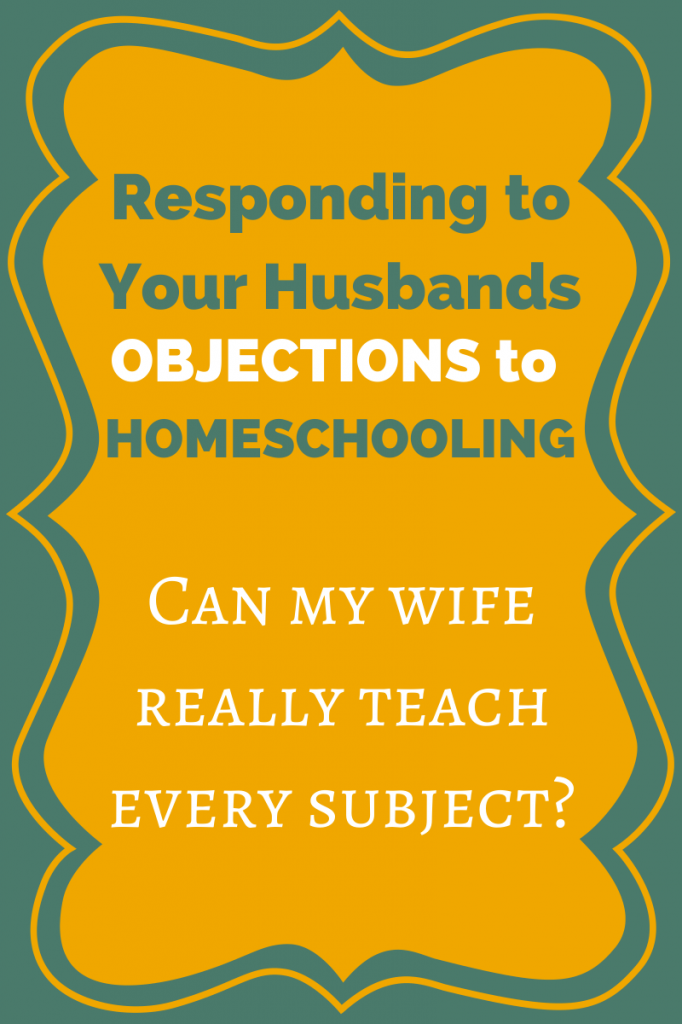

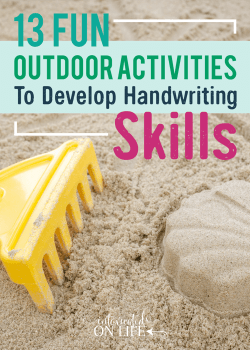
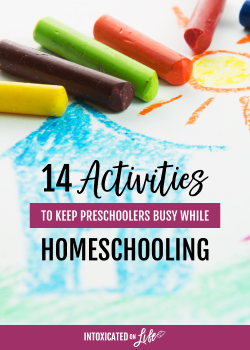
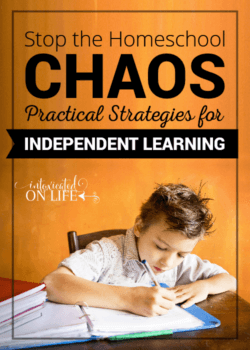

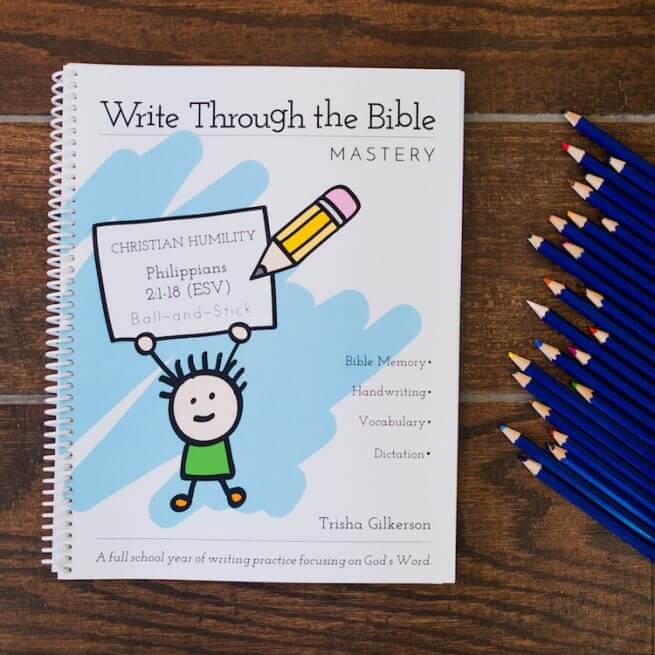
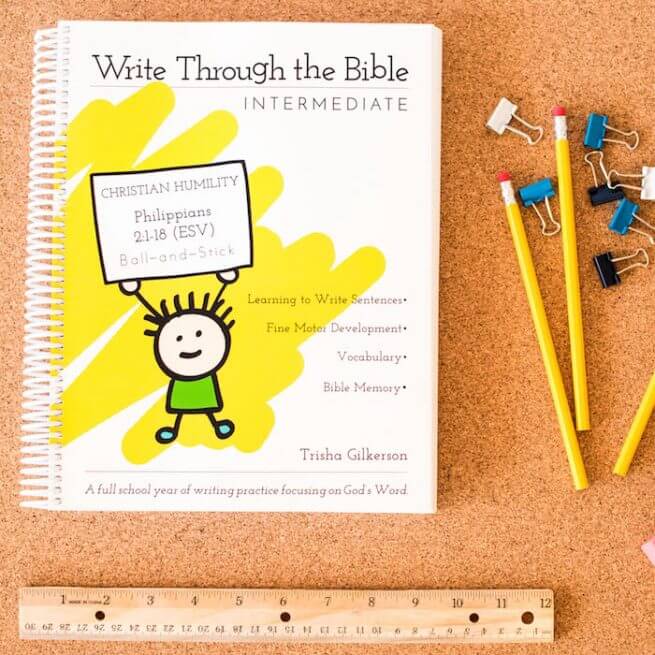
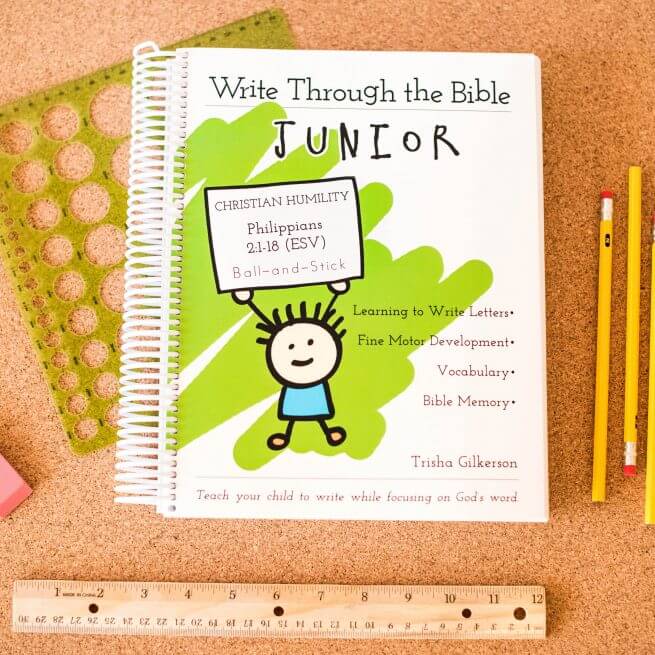


Yes, with all the available resources, most moms can teach their own children. Nowadays the hardest part is choosing suitable resources for your family!
You are exactly right. This is probably the question I get most from people who are unfamiliar with homeschooling. Not so much am I able to teach, but how do I know what to teach. It’s a question of ignorance, really, which is understandable. I am so thankful that we live in a great homeschooling time (and state)!
It may cost just a few hundred dollars , rather than tens of thousands to educate a public school student, but how much money are you missing by keeping mom at home? I am a stay at home mom, but I will return to work when my youngest is ready for school. I’m a teacher and I know the best education for my daughters will come from school.
Great question. We covered the question about losing a second income in another post.
I’m glad you have as much faith in the education system as you do. As for my school district, I do not have this kind of faith.
My question is if your husband is adamantly against Home Schooling and you have discussed all the pros and cons of everything involved. And he is still adamant, he is the Head of the Christian Home, why go any further. No is no. Honour your husband and move on.
Hi Mary. I’m not sure if you’re asking whether a woman should defy her husband’s wishes, but that answer is no. Not only is it best to give a husband leadership of the home, but it is also unwise to move ahead schooling your children at home when the head of the home is so against it. It may end up undermining the whole thing.
We’ve been encouraged hearing from the husbands reading this series who have been more educated about homeschooling, and for those men who are open but need to have their questions answered, we are glad to be able to help them come to a decision.